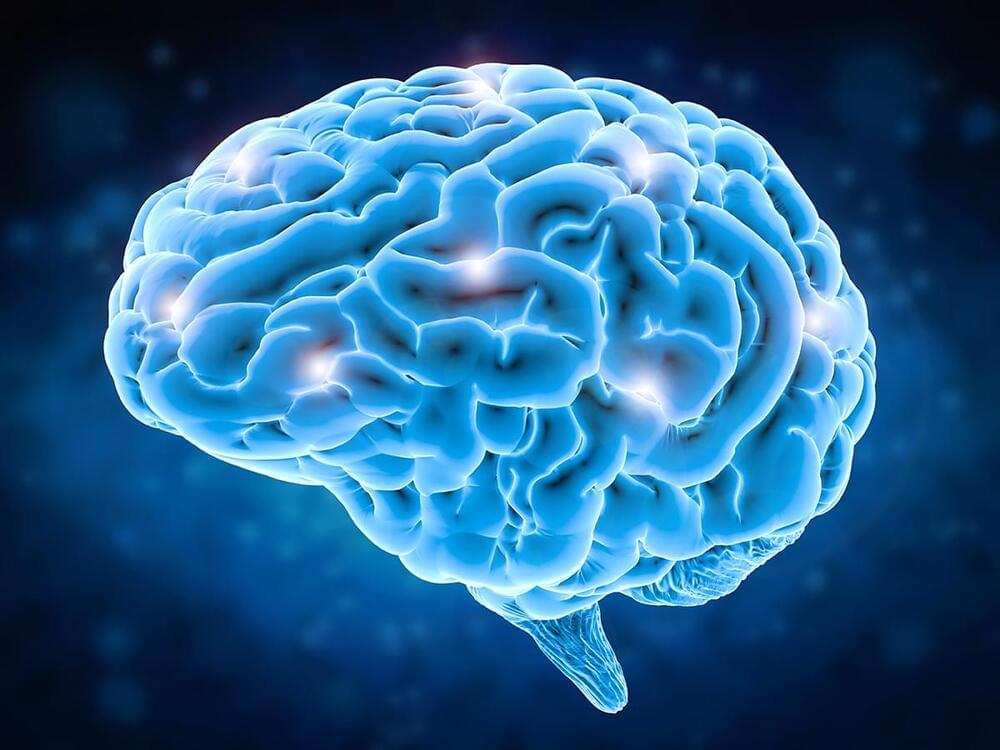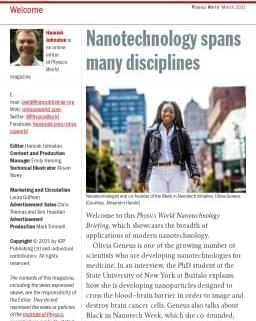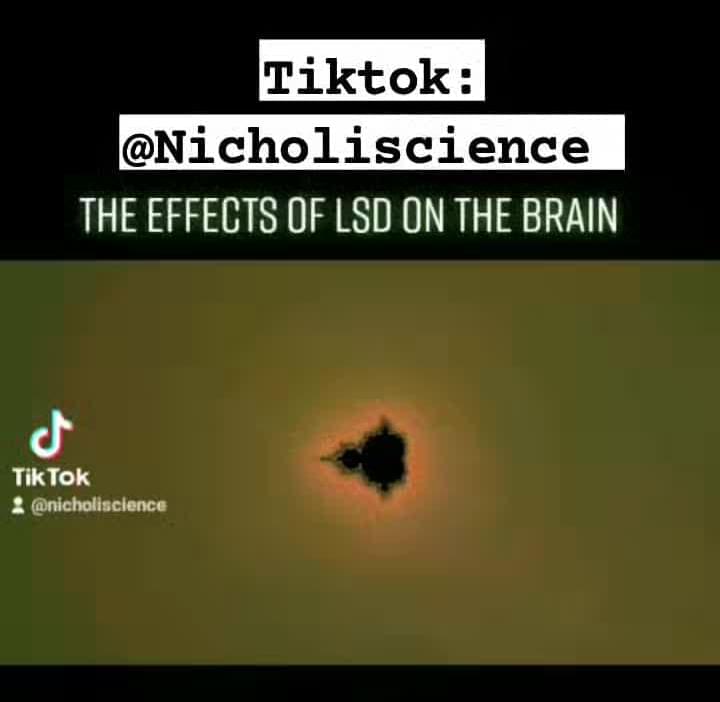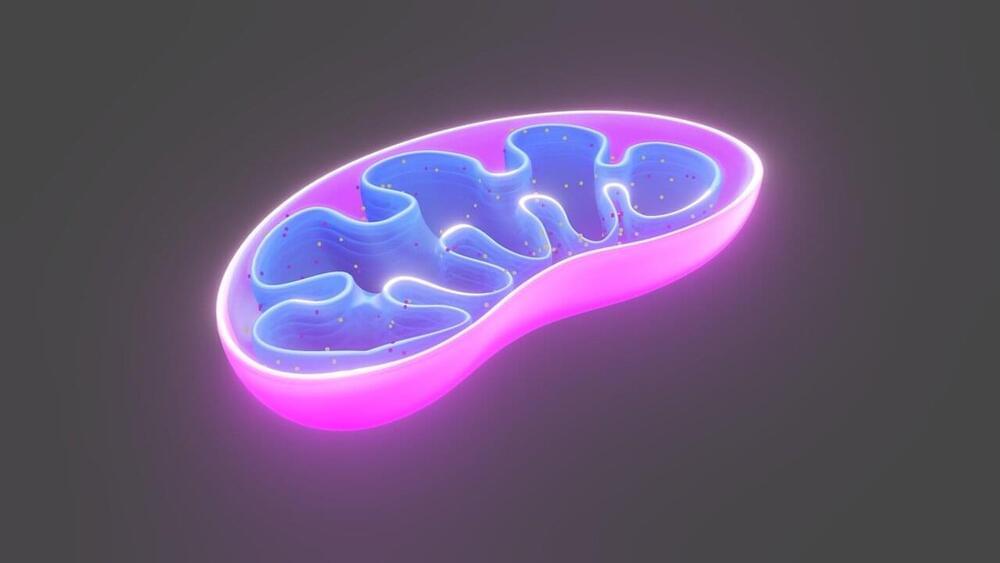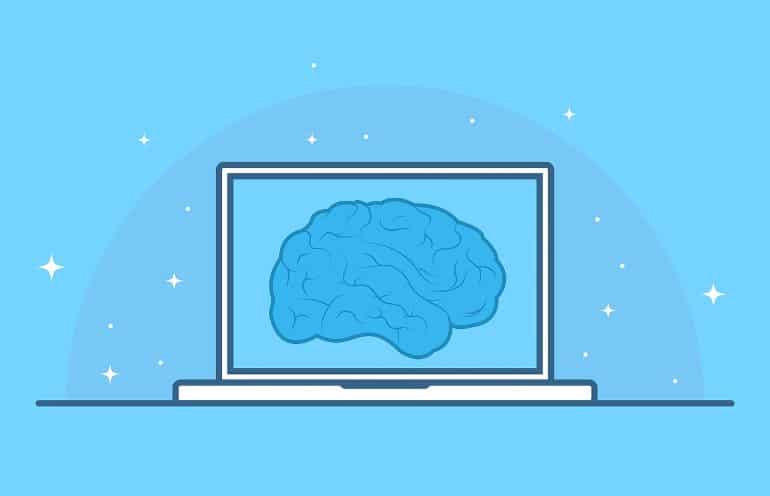When something goes wrong in mitochondria, the tiny organelles that power cells, it can cause a bewildering variety of symptoms such as poor growth, fatigue and weakness, seizures, developmental and cognitive disabilities, and vision problems. The culprit could be a defect in any of the 1,300 or so proteins that make up mitochondria, but scientists have very little idea what many of those proteins do, making it difficult to identify the faulty protein and treat the condition.
Researchers at Washington University School of Medicine in St. Louis and the University of Wisconsin–Madison systematically analyzed dozens of mitochondrial proteins of unknown function and suggested functions for many of them. Using these data as a starting point, they identified the genetic causes of three mitochondrial diseases and proposed another 20 possibilities for further investigation. The findings, published May 25 in Nature, indicate that understanding how mitochondria’s hundreds of proteins work together to generate power and perform the organelles’ other functions could be a promising path to finding better ways to diagnose and treat such conditions.
“We have a parts list for mitochondria, but we don’t know what many of the parts do,” said co-senior author David J. Pagliarini, Ph.D., the Hugo F. and Ina C. Urbauer Professor and a BJC Investigator at Washington University. “It’s similar to if you had a problem with your car, and you brought it to a mechanic, and upon opening the hood they said, ‘We’ve never seen half of these parts before.’ They wouldn’t know how to fix it. This study is an attempt to define the functions of as many of those mitochondrial parts as we can so we have a better understanding of what happens when they don’t work and, ultimately, a better chance at devising therapeutics to rectify those problems.”

